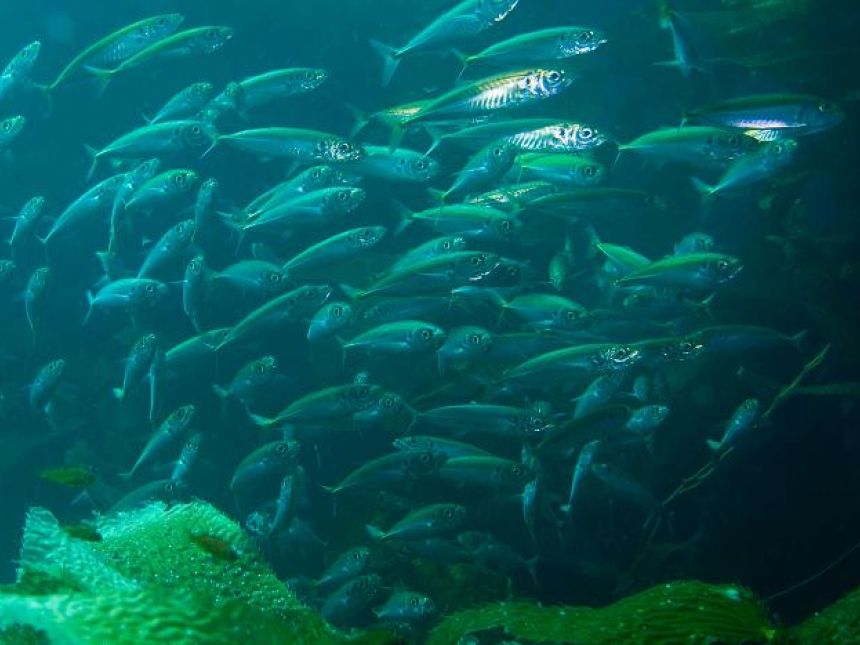
Over Half of Fish Stocks Worldwide Are Missing the Opportunity to Maximize Sustainable Yields
The new findings are the result of an “ensemble modeling” approach that provides a more detailed analysis of fish stocks than previously available.
The study and new methodology, which analyzed 785 fish stocks globally, received funding from the Food and Agricultural Organization of the United Nations, Conservation International (CI) and The Gordon and Betty Moore Foundation.
Approximately three billion people depend on seafood as their main source of protein, and overfishing is a critical issue for food and livelihood security worldwide. Yet previous methods for evaluating fish stocks were only applied to a smaller subset of stocks or were based on expert input and not consistently calculated, providing an incomplete picture of their status for managers.
“Previous attempts to estimate fish stock status would broadly tell us if a fish stock was fully or overexploited,” said one of the lead authors, NIVA Senior Scientist Dr. Elizabeth Selig, in an press release by Conservation International. “Our work shows just how far a given stock is from achieving sustainable yield, which can help fisheries managers determine how best to manage their stock to increase yields. In the past, stocks received a pass or fail, which sometimes results in missing the opportunity to deliver greater economic and nutritional benefits to people.”
The authors note their findings hold significant promise for communities who are particularly dependent on seafood, but who have stocks that are not part of large-scale monitoring efforts.
“All of the attention can’t be focused on the major fisheries for the export market — there must also be an emphasis on getting the best results from local fisheries that feed local people,” said Dr. Andrew Rosenberg, director of the Union of Concerned Scientists’ Center for Science and Democracy and lead author of the paper.